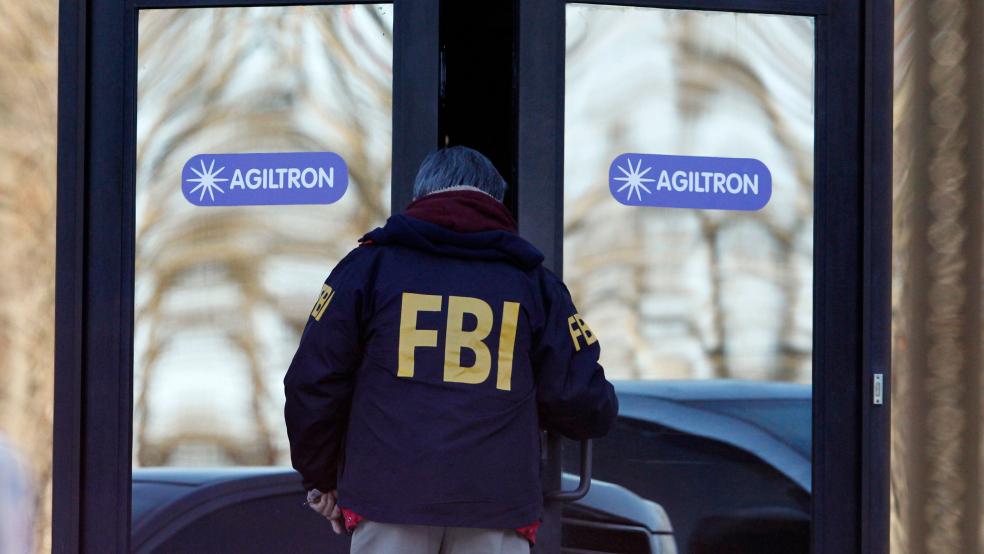FBI agents might want to run a spellcheck before launching their investigations.
That’s because a new report from the Justice Department’s Inspector General reveals that typos in the Bureau’s investigation system have led agents to spy on the wrong people.
The watchdog report, first flagged by The National Journal, reviewed the Bureau’s handling of national security letters, which gives agents the right to collect telephone and Internet data from suspects that could pose a threat to national security.
Related: FBI’s Billion Dollar Face Recognition Falls Short of Facebook’s
The auditors concluded that the FBI had improved the program from its previous review, but problems with “typographical errors” remain—leading to some serious mix-ups that could impede important investigations.
"These typographical errors cause the FBI to request and, in some instances receive, the information of someone other than the intended target of the NSL,” the report said.
For its part, the IG gave the Bureau kudos for improving the program and implementing a new record-keeping practice while also instating periodic reviews of its national security letters.
The FBI’s investigative practices came under fire earlier this year, when tech experts questioned the accuracy of its $1 billion facial recognition system.
Indeed, a test-run performed by the Electronic Frontier Foundation, a tech industry trade group, reported that the FBI’s Next Generation Identification (NGI) system was only 85 percent accurate—compared to Facebook’s system that works 97 percent of the time.
Top Reads from The Fiscal Times:


